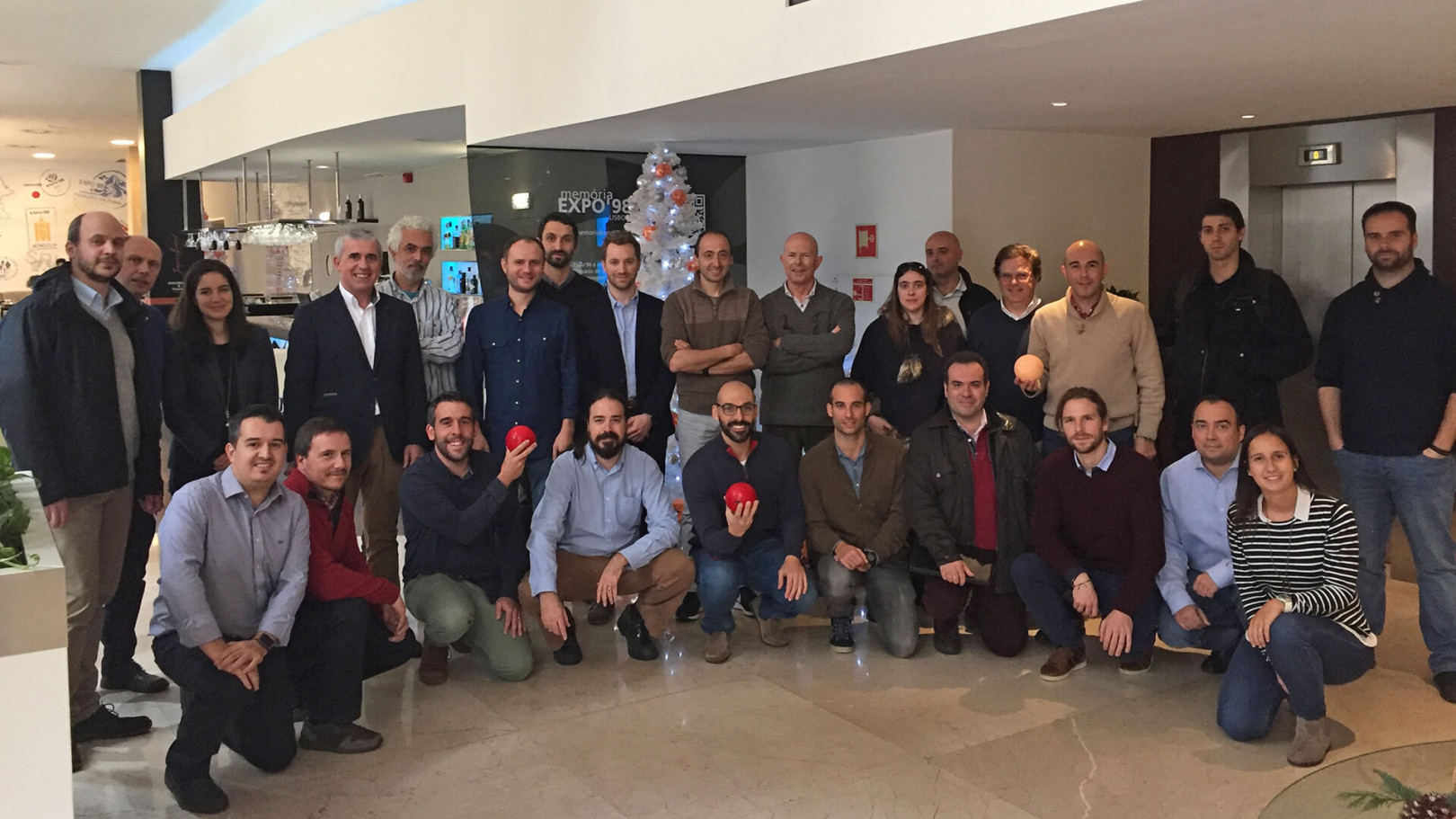New European project intends to monitor ocean currents
To provide an effective and low-cost solution capable of monitoring surface ocean currents and their dynamic characteristics in any place of the world. This is the main goal of the new European project MELOA, which has the participation of the Centre for Information Systems and Computer Graphics (CSIG) of INESC TEC.
09th January 2018
Coordinated by DEIMOS Space, MELOA - Multi-purpose/Multi-sensor Extra Light Oceanography Apparatus intends to develop a solution based on low-cost, easy to use, resilient and diverse floating drifters that can be used in different sea environments, from the deep sea to more terrestrial zones, including coastal areas, streams and water sports zones.
INESC TEC’s contribution consists of developing the software for managing the campaigns of data gathering and the integration with the data catalogue to be provided by DEIMOS, with the goal of bolstering the relevant Copernicus services, as well as to boost the provision of valuable services.
This work is based on the evolution of the software platform developed by INESC TEC for the WAVY drifters under the scope of the RAIA Observatory.
This solution, which resulted from a collaboration with the LSTS (Underwater Systems and Technology Laboratory) of the Faculty of Engineering of Porto and with the Hydrographic Institute, was used to study the surface circulation in the surf zone, including details about the structure of rip currents and coastal derivation currents, demonstrated in joint campaigns in São Jacinto and Vila Praia de Âncora.
Other than INESC TEC and DEIMOS Space, this project has the partnership of DEIMOS Engenharia, Hydrographic Institute (IH), Institute of Systems and Robotics (ISR), Ocean Scan, Composite Solutions, Collecte Localisation Satellites (CLS), which manages the Argos satellite, Polytechnic University of Catalonia (UPC) and SmartBay Ireland (SBI).
Started on 1 December, Project MELOA is inserted within the H2020 scope and has a duration of 39 months and a global budget of €4,7M.
The INESC TEC team is coordinated by Artur Rocha and has the participation of researchers João Correia Lopes, Lino Oliveira, Paulo Monteiro and Alexandre Costa. The kick-off meeting took place at the Trip Hotel, in Lisbon, during 14 and 15 December.
The INESC TEC researchers mentioned in this news piece are associated with INESC TEC and UP-FEUP.


